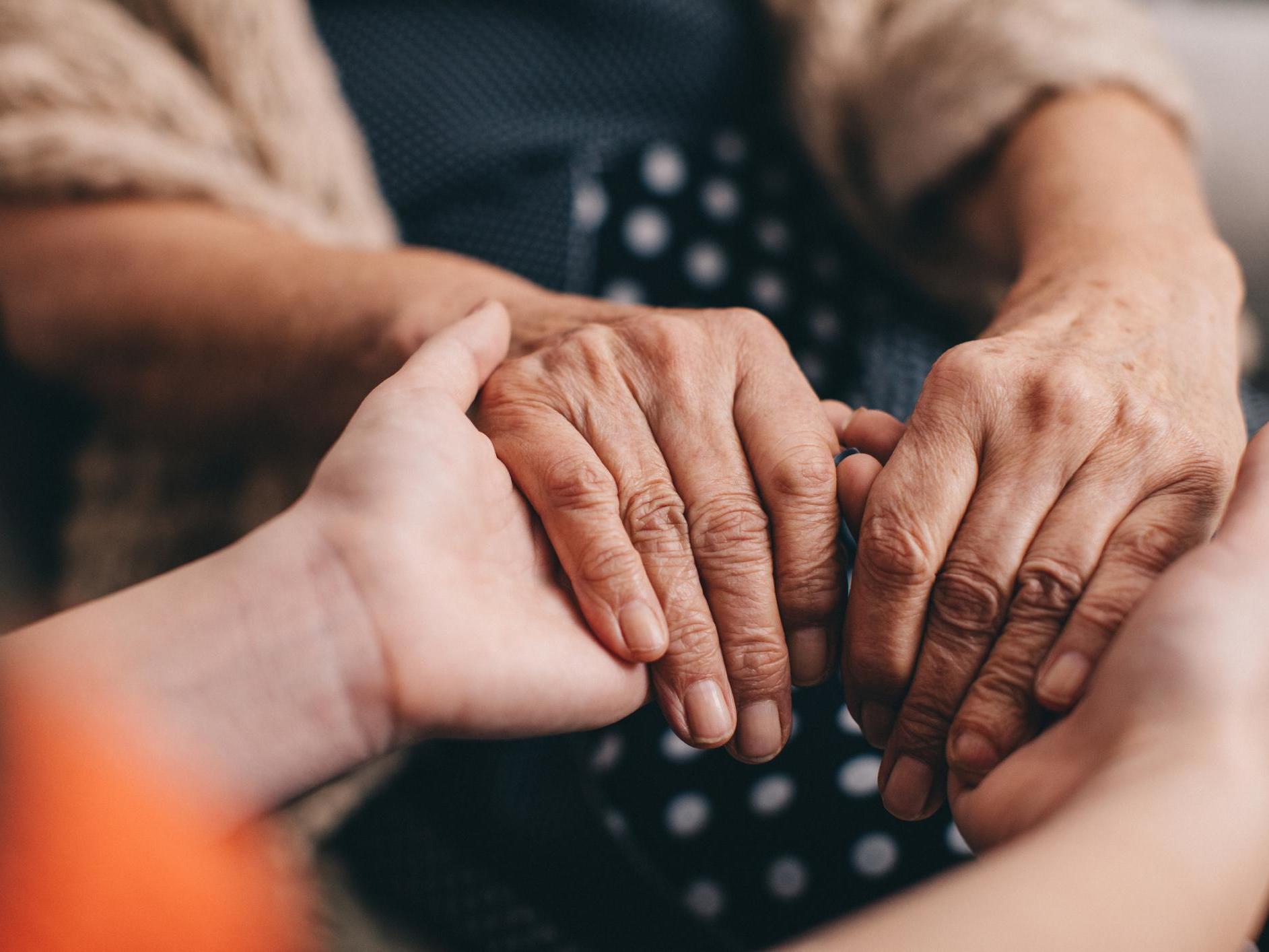Coronavirus: How do you prepare for the death of loved ones?
With resources for fighting Covid-19 in short supply, doctors are having to prioritise treating those who will benefit most. This is the best course of action, says ethicist Bobbie Farsides, but the emotional toll will be heavy

Easter has never held quite the same place in my heart since my father died on Easter Sunday in 2001, when I spent several days as a patient on an overstretched stroke ward in an understaffed district general hospital. Sadly, this Easter many people will share in my experience of losing a loved one, but for them the potential for ongoing trauma will be far greater. When consoling friends on the death of a parent, I have often observed that this is not a life event you can prepare for – but in the context of a pandemic, we need to try. We need to prepare for death as patients, loved ones and as healthcare professionals.
The UK’s response to Covid-19 has raised the issue of age in ways that have left many feeling insecure about their own fate or that of their loved ones. In the early days of the crisis the government “reassured” us by saying that most of us would be fine, as the virus would really only affect the elderly and those with underlying health conditions. We were then told that we needed to accept that lots of people would die, but again, that these people would mostly be elderly, the implication being that they would have enjoyed a “fair innings”. More recently, there has been news of attempts to categorise all residents of certain elderly care homes as not being eligible for resuscitation during the current crisis. A prominent social commentator has felt able to say loud and clear that spending money on saving older people at this time would “clearly” be inappropriate.
This is the background noise that will play in the minds of those who will lose much-loved spouses, siblings, parents, grandparents or friends this weekend if we reach the peak of the epidemic as predicted. People who have names and biographies – most of whom would value extra life as much as the next person, irrespective of their age or state of health – will die “before their time”. These people will be missed and mourned and will not have the death they hoped or planned for.
Subscribe to Independent Premium to bookmark this article
Want to bookmark your favourite articles and stories to read or reference later? Start your Independent Premium subscription today.
Join our commenting forum
Join thought-provoking conversations, follow other Independent readers and see their replies